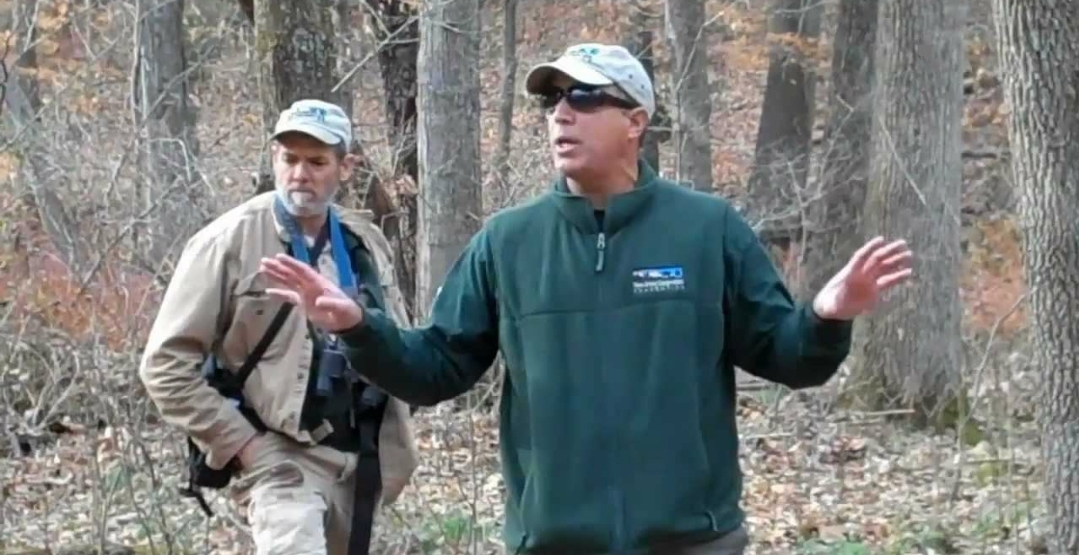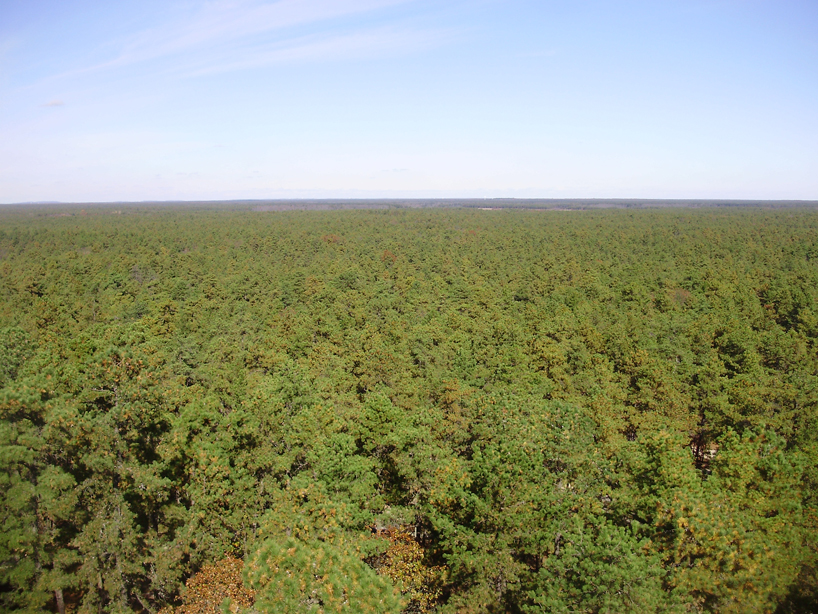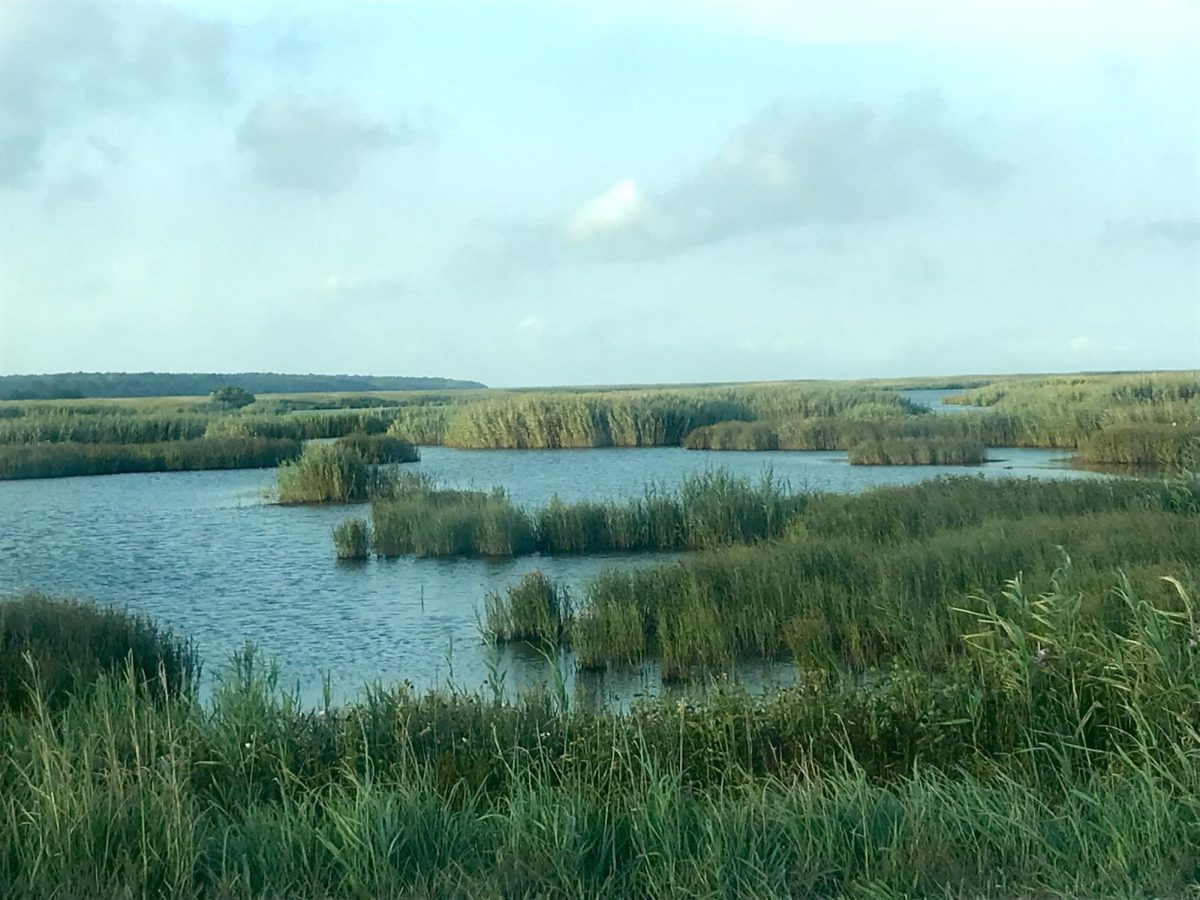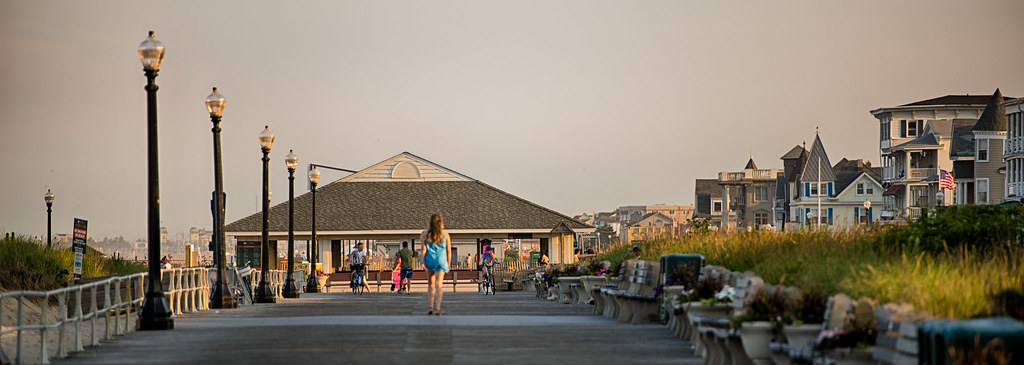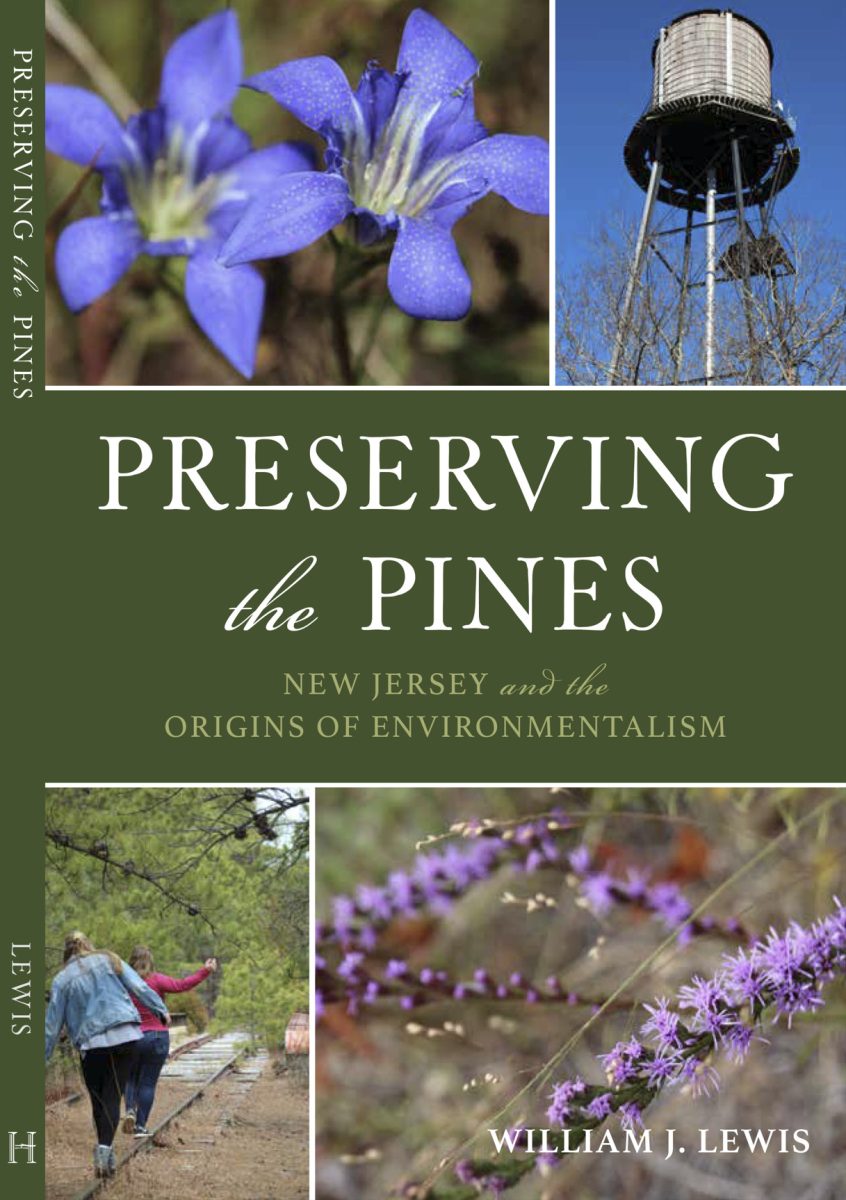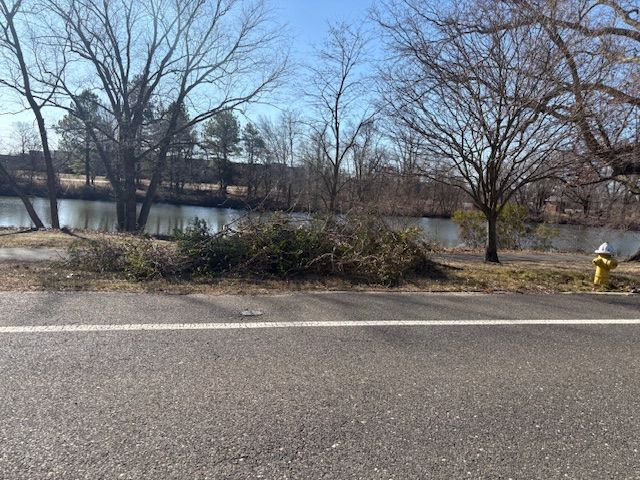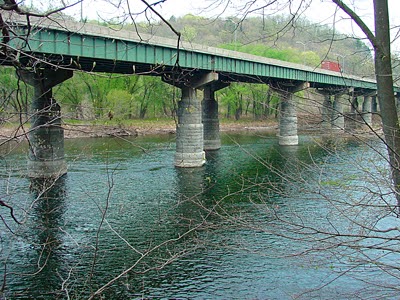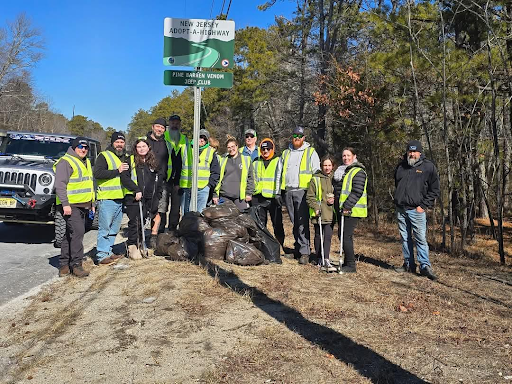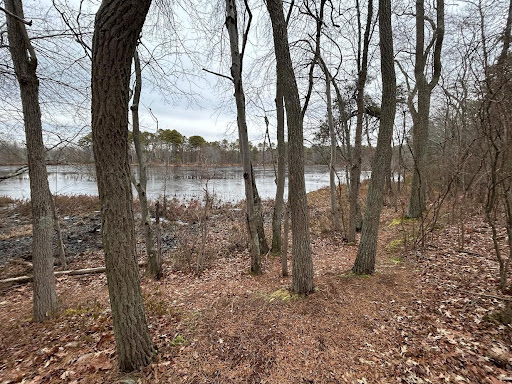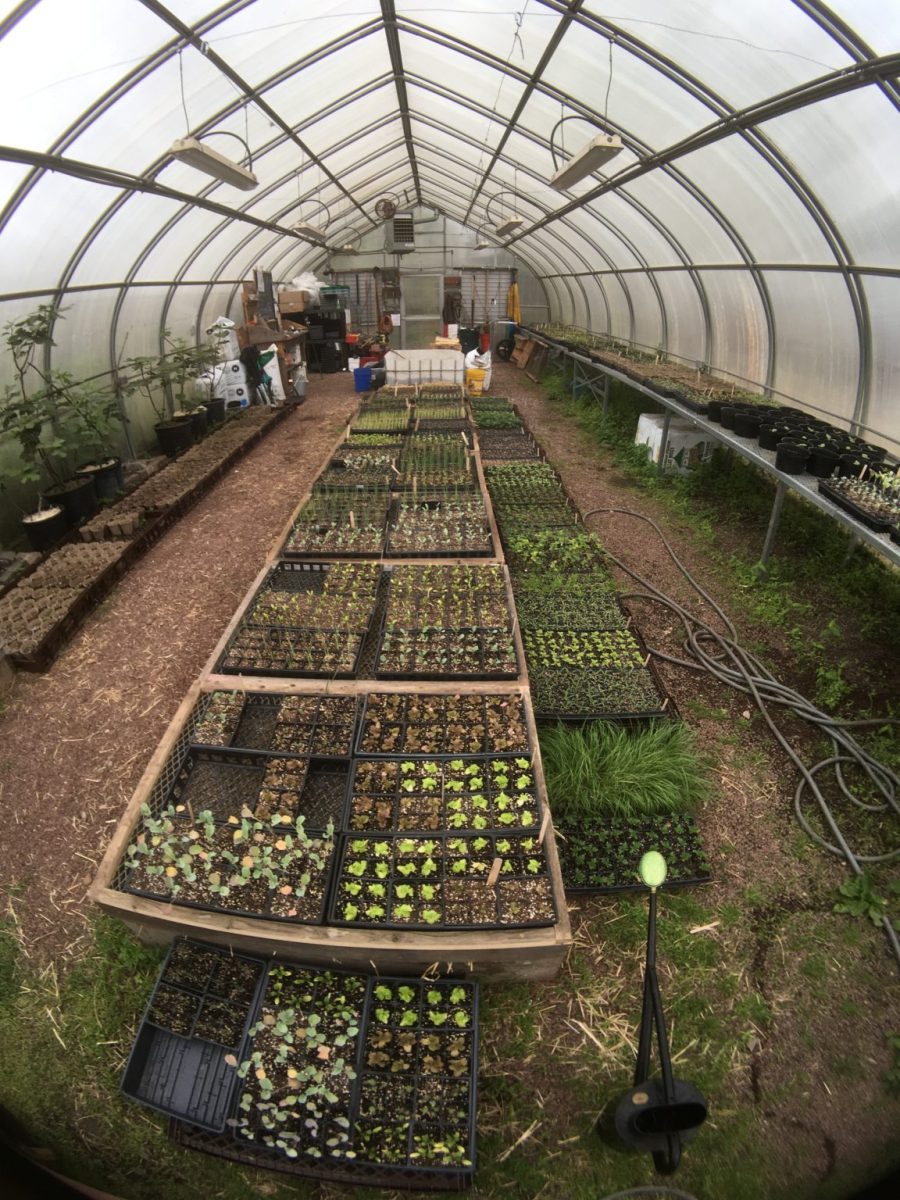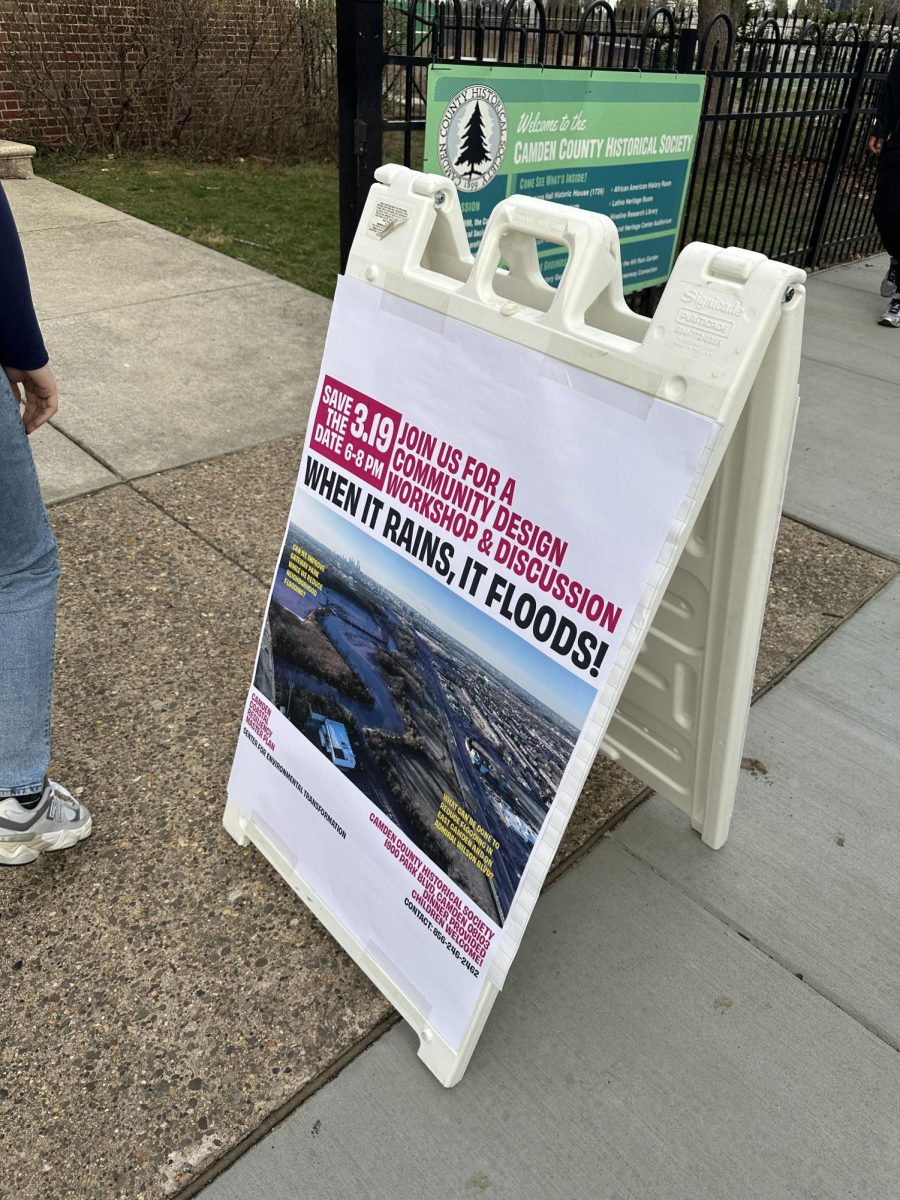By Corey Rothauser | October 9, 2019
In the immensely urbanized State of New Jersey, there are few intact ecosystems left.
Yet, there is still green in the garden state. In South Jersey, the Pine Barrens reign supreme. Taking up 22% of the state, the Pine Barrens are vast beyond belief. Its 1.1 million acres makes it larger than many national parks.
However, not all of it is protected.

The last open spaces of New Jersey are always under threat of development. No one knows this better than Dr. Emile DeVito. Dr. DeVito has been the director of science and stewardship and the director of conservation biology for the New Jersey Conservation Foundation since 1989.
His involvement in conservation goes beyond ecological restoration as he also advocates on behalf of several conservation groups that fight development within the Pinelands.
One threat to the Pinelands that Dr. DeVito emphasized was pipe lines. He, as well as many others within his field, fought the South Jersey Gas pipeline. This proposed pipeline would have traveled through 10 miles of protected Pinelands forest area.
While the forests it was supposed to go through are protected, DeVito clarified that they aren’t invincible to development.
“It’s not the preservation area, it’s the second-highest ranked area. There’s the preservation area which has the most stringent protection followed by the forest area,” he said.
The difference is critical as the sector in question lies within the forest area of land that is much easier to get a permit to build on. The protections awarded to this land derives from the Pinelands Protection Act of 1979, which was a pivotal moment in New Jersey conservation.
“One of the things that’s not allowed is new transmission lines and pipelines,” Dr. DeVito said. He went on to explain that the New Jersey Pinelands Commission initially disapproved of the construction. This commission is yet another facet of the Pinelands Protection Act.
The Pinelands Commission‘s 15-member board consists of seven members who are appointed by the New Jersey Governor. One member appointed by each of the seven Pinelands counties, and one member appointed by the U.S. Secretary of the Interior. The gubernatorial appointees are subject to the review and consent of N.J. Senate.
The Pinelands Commission have the power to approve and halt the development of the state’s most pristine forests.
“Initially, they didn’t approve the pipeline, but Governor Christie threw off the people who voted against it and put in people who approved it,” DeVito said.
Read the full article on The Whit
This story is part of The Whit’s participation in a statewide climate reporting collaboration with members of the NJ College News Commons, a network of campus media outlets working together to cover the climate crisis in New Jersey.

